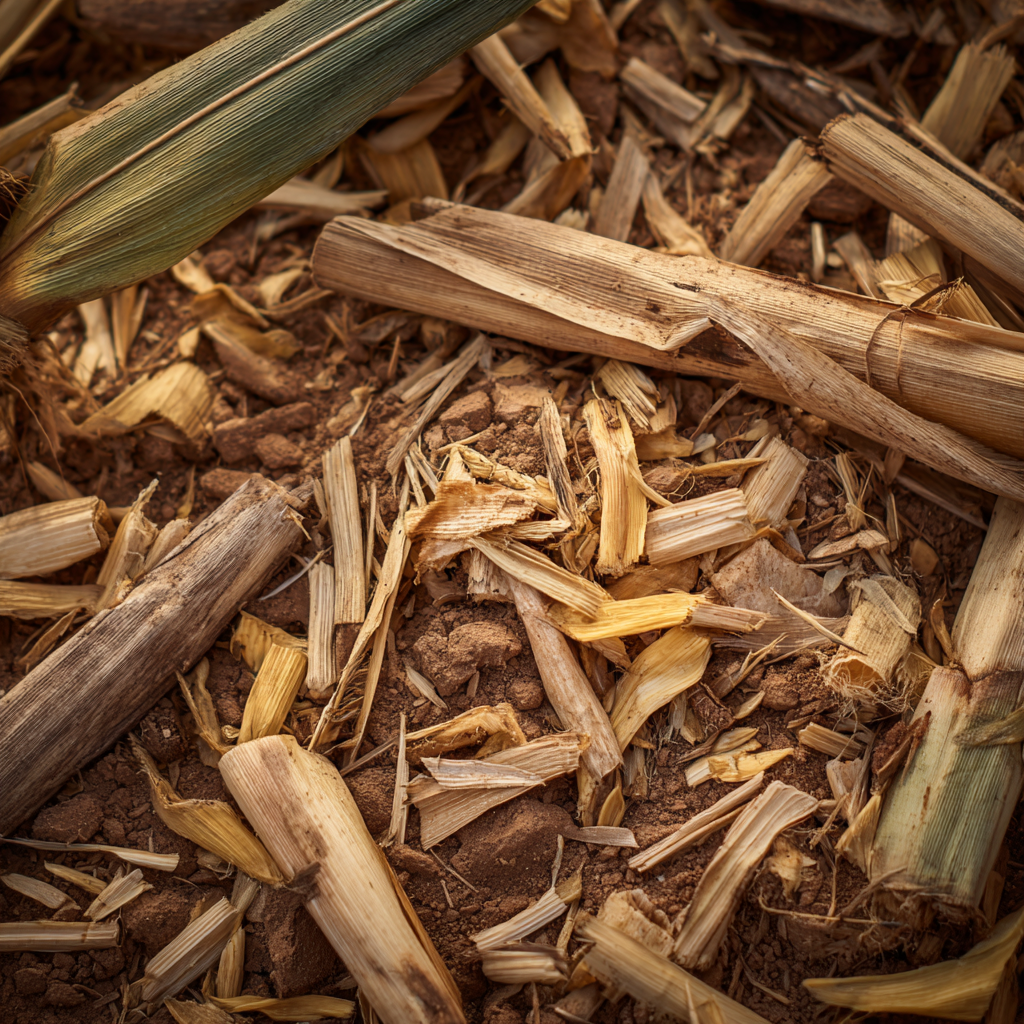We design and build advanced pyrolysis kilns in Africa.
Turning Africa’s unwanted biomass into biochar, clean energy, and verified carbon credits.Industrial-grade systems. Proven performance. Real impact.
-
TBC designs and manufactures high-performance pyrolysis kilns entirely in Africa — tailored to the continent’s climates, feedstocks, and working conditions. Our kilns transform invasive species, forestry waste, and agricultural residues into biochar, wood vinegar, and verified carbon credits.
-
Our systems turn ecological challenges into opportunities for regeneration — clearing invasives, improving soils, and capturing carbon. Every kiln deployed supports rangeland restoration, soil health, local livelihoods, and climate resilience.
-
Before any installation, we conduct detailed feasibility studies — covering biomass validation, kiln sizing, carbon credit potential, and indigenous microbial integration — ensuring every project is technically sound, financially viable, and regenerative at scale.
-
Our proprietary method integrates biochar, wood vinegar, and Indigenous Microbial Organisms (IMO) to restore soil biology naturally — without imported inputs. This creates balanced, self-sustaining soil ecosystems that improve nutrient efficiency, drought resilience, and long-term fertility.
-
TBC provides an end-to-end ecosystem — from kiln design to microbial application — empowering local operators and communities. Our impact extends beyond soil: animal feed, poultry bedding, and water purification systems further multiply environmental and economic benefits.
From Kiln
to Carbon Credit
—We Do It All.
The Biochar Company designs and manufactures advanced pyrolysis kilns built entirely in Africa, for Africa’s unique climates, feedstocks, and field conditions.
Our systems are not imported experiments — they are African innovations, engineered from the ground up to turn the continent’s invasive species and agricultural residues into biochar, wood vinegar, and verified carbon credits.
Each unit is fabricated by African technicians, using locally available materials and proven design principles that withstand Africa’s heat, dust, distance, and diversity.
From the arid plains of Garissa to the highlands of Laikipia, our kilns deliver consistent performance under real African working conditions.

Every kiln we deploy contributes to:
ANGELAND
Rehabilitation
through invasive species removal
OIL
Regeneration
via biochar sequestration
OMMUNITY
Livelihoods
through local ownership and training
LIMATE
Resilience
through verified carbon credit revenue
Built to restore the African landscape — one kiln, one community, one carbon project at a time.
Restoring the African Landscape
Our design philosophy is simple:
“If it can run in Windhoek, Garissa, Turkana, or Laikipia — it can run anywhere.”
Each system is tested under real field conditions — limited grid power, dusty air, fluctuating moisture, and mixed biomass densities — ensuring reliability and consistency.
Maintenance can be done with basic mechanical tools, and training is included with every installation, empowering local teams to operate independently.
With every kiln deployed, a new carbon-removal enterprise is born — restoring land, employing people, and turning waste biomass into wealth.

Africa’s invasive species and neglected residues represent both an ecological crisis and an economic opportunity.
FAQS
-
TBC kilns are designed to handle a wide range of feedstocks depending on the kiln type.
Our vertical kilns are best for light, fine, and fast-drying materials like wood chips, sawdust, rice husks, nut shells, agricultural waste, and even dry sewage.
Our horizontal kilns are ideal for bulkier, woody biomass like branches, tree stumps, and logs.
We prioritize invasive species and local biomass that would otherwise go to waste, turning it into a valuable carbon resource.
-
TBC kilns are fully insulated, locally adaptable, and designed with Africa’s diverse biomass in mind. We focus on:
High efficiency burn cycles (3–8 hours)
Modular design for community scalability
Recycled syngas systems to minimize emissions
Output of both biochar and wood vinegar, boosting soil health and farm inputs
Plus, all our tech aligns with carbon credit standards and sustainable farming practices.
-
Yes! TBC kilns and our broader biochar model are carbon credit compliant, and we work with partners to ensure projects are eligible for verified carbon standards. Our biochar locks carbon in soil for hundreds of years and can contribute to climate-positive livelihoods.
-
Biochar is a stable form of carbon that improves soil structure, retains nutrients, and stores carbon long-term.
Wood vinegar (a by-product of biomass condensation) is used in organic farming as a natural pesticide, soil enhancer, and microbial booster.
TBC kilns produce both as part of a closed-loop system.
-
It depends on the kiln size and type:
Vertical kiln – up to 3.5 tons per day depending on feedstock, every 24 hours with a fast cycle of 3–4 hours per batch.
Horizontal kiln – up to 4.5 tons per day depending on feedstock, with slightly longer 5–8 hour burn cycles.
Exact biochar yield varies based on moisture content and biomass type.
-
Absolutely. Our kilns are designed with local contexts in mind, built for low-tech operation, minimal emissions, and community training. TBC provides local onboarding, usage protocols, and ongoing support to ensure both safety and impact.
-
TBC offers on-the-ground training, community engagement, and technical support to ensure that our systems are adopted, not abandoned. We also help implement monitoring and reporting tools for regenerative agriculture and climate tracking.










